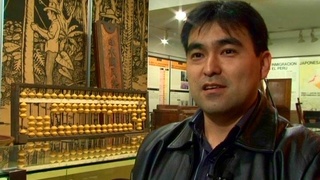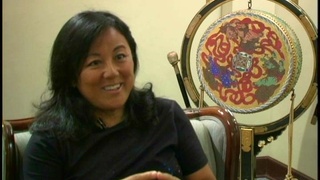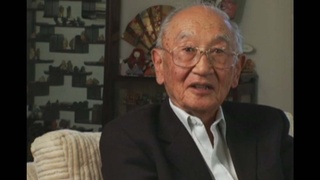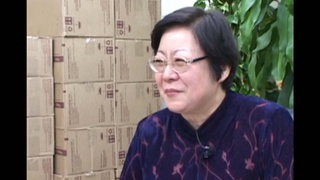Interviews
The term Nikkei (Japanese)
(Japanese) It might be the thing that I hold onto. I mean, I don’t think I can fully identify myself as Japanese or Brazilian. So if there is something like nationality, not identity, then for me it’s being Nikkei. It might sound strange to say that it comforts me, but I started thinking about myself as being Nikkei. It’s the answer that I reached for myself. I had been thinking about it all the time and finally I found that I was Nikkei. It’s a set of values that are not owned by Japanese or Brazilian people, things that only Nikkei would understand, and I think that I could understand them – that’s what this word means to me. I’m not sure if it makes sense.
Date: October 18, 2016
Location: Gunma, Japan
Interviewer: Shigeru Kojima
Contributed by: Watase Media Arts Center, Japanese American National Museum






